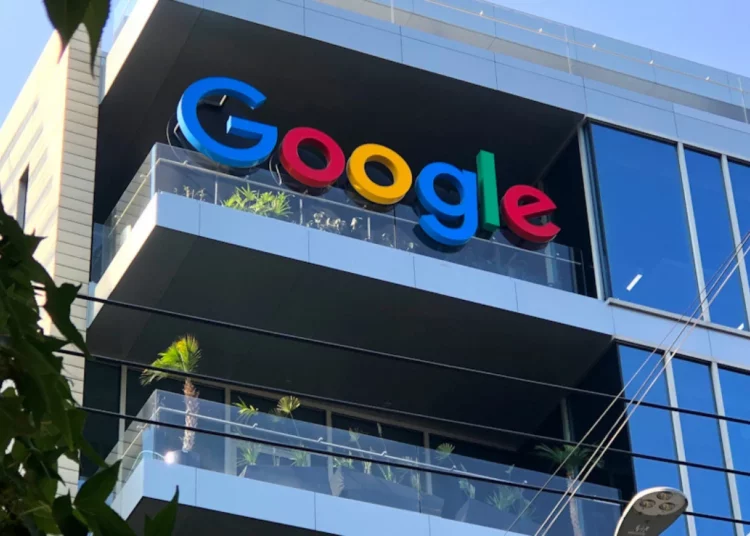Starting from the November 8, 2023, Google is rolling out its Search Generative Experience (SGE) in the Sub Saharan Africa (SSA) region as an opt-in experiment in Search Labs.
With new breakthroughs in generative AI, Google is reimagining what a search engine can do and is bringing these powerful new capabilities to search in a bold and responsible way. This powerful new technology can unlock entirely new types of questions that search could not previously answer, and transforms the way information is organised in search to help people sort through and make sense of what’s out there.
The general manager for Search in Africa, Wambui Kinya, at a press briefing in Lagos, averred that with SGE’s generative AI capabilities in Search, people will see an AI-powered overview of key information to consider, with links to dig deeper, while hinting that for anyone who has ever been overwhelmed by the amount of information online, this will help find answers more quickly.
For instance, with a question like “Does Honey ever Spoil?” Normally, you might break this question down into smaller ones, sort through the vast amount of information available, and then start to piece things together yourself. With generative AI, Search can do some of that heavy lifting.
SGE first delivers an overview, and beneath this, users will see suggested next steps where they can simply tap a query like “What is the oldest honey ever eaten?”, or type in a specific follow-up question. This conversational experience enables people to intuitively learn more about the topic they’re exploring. Context will be carried over from question to question, to help people more naturally continue their exploration.
Read Also: Omegle Shuts Down After 14 Years Over Abuse Claims
“Hearing insights from others is always useful when making decisions, so Google has designed these new experiences to highlight and drive attention to content on the web, making it easy for people to dive deeper on the topic they are learning about. As generative AI makes its way into Search, Google is committed to continue sending valuable traffic to sites across the web. With SGE, Google is showing more links, and links to a wider range of sources on the results page, creating new opportunities for content to be discovered,” Kinya affirmed.
Ads are a vital piece of how the web works, and help people find relevant products and services, the managing director said, adding that, “In this new generative experience, Search ads will continue to appear in dedicated ad slots throughout the page.
“Google will continue to uphold its commitment to ads transparency and making sure ads are distinguishable from organic search results. When Search ads do appear, they will continue to feature their industry-leading clear and transparent ad labels with the “Sponsored” label in bold black text.”
She posited that google is taking a responsible and deliberate approach to bringing new generative AI capabilities to Search, while revealing that, “The company has trained the models used in SGE to uphold Search’s high bar for quality, which will continue to improve over time. These hallmark systems have been fine-tuned for decades, but will also have additional guardrails, like limiting the types of queries where generative AI capabilities will appear.
“With new generative AI capabilities in Search, we’re now taking more of the work out of searching. We’re imagining a supercharged Search that does the heavy lifting for you so you’ll be able to understand a topic faster, uncover new viewpoints and insights, and get things done more easily.
“This Search Generative Experience is the first step we’re taking in this journey, and part of our vision to make Search radically more helpful. We’re excited to bring this to the SSA region, and look forward to receiving feedback and iterating on the experience alongside our users over the next few months.”
Google is bringing SGE as an experiment in Search Labs, available on Chrome desktop and the latest version of the Google App on Android and iOS. Access via Chrome desktop is available today, and access through the Google app will be enabled over the coming week. – people can opt in to try it out and share feedback directly with the teams working on it.





